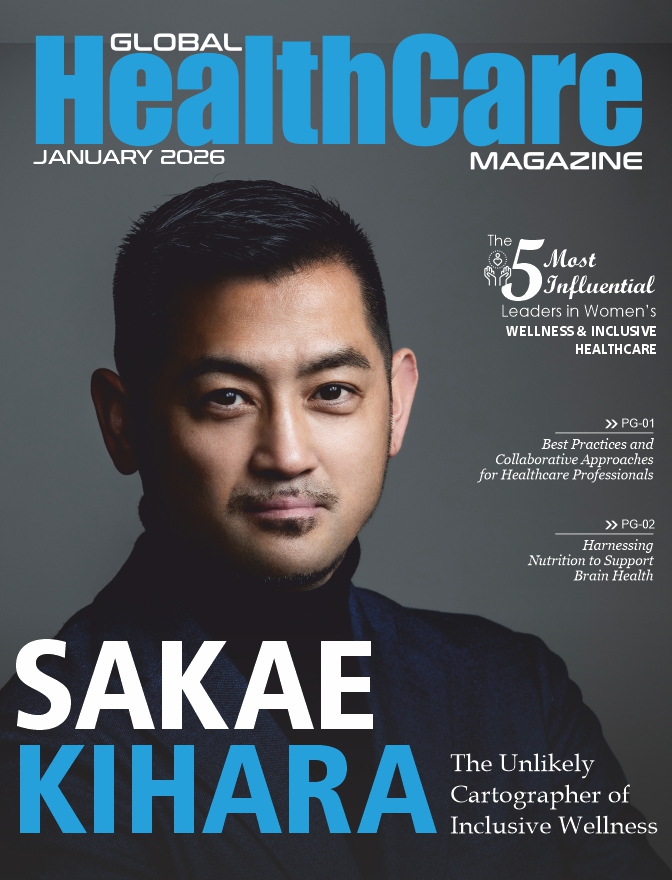In a huge international study in cardiac care, researchers found that beta blockers, long considered an essential drug after a heart attack, do not help most patients and may even harm women. These results may raise concerns about gender bias in drug trials that is often overlooked.
For decades, doctors prescribed these drugs almost automatically. Now, the evidence suggests they may not be the life-saving treatment many believed. This finding is not only about one drug. It shines a light on a bigger problem of how women’s health is left out of drug development and testing.
Gender Bias in Drug Trials
For years, medical research has treated the male body as the “default” for testing. Many clinical trials were done with mostly male participants. Women, with their unique hormone patterns, body chemistry, and heart function, were often excluded.
Dr. Karen Matthews, a cardiologist who advocates for inclusive research, explains, “We’re now discovering that treatments designed for men don’t always work the same way in women. Beta blockers are just one example. The consequences can be life-threatening.”
Heart disease is the leading cause of death for most women worldwide. Yet, studies show women are more likely to be misdiagnosed, less likely to receive aggressive treatment, and more likely to suffer side effects from drugs tested mainly on men.
New Results Of Beta Blockers
Beta blockers became the standard treatment after heart attacks in the 1970s and 80s. Early studies showed strong benefits, but those studies included very few women. Doctors assumed the results applied to everyone.
The new international study, which tracked 8,505 patients across 109 hospitals in Spain and Italy, found a more complex picture,
- Many men did not benefit as much as was once thought.
- Women, in some cases, had worse outcomes.
This doesn’t mean beta blockers are harmful for everyone, but it does suggest they should not be prescribed automatically to all heart attack survivors.
A Pattern of Overlooking Women’s Health
This problem isn’t limited to heart drugs. From antidepressants to painkillers, research has shown that women’s bodies often respond differently from men’s. Yet, the gap in drug trials continues, highlighting gender bias in drug trials in every medicinal aspect.
According to the U.S. Government Accountability Office, women made up less than 30% of participants in many early drug trials. Even today, certain studies fail to analyze results separately for men and women.
Maria Lopez, a women’s health advocate, says, “If women had been equally included in clinical trials from the start, we might not be facing this crisis. Lives could have been saved.”
Moving Toward Gender-Inclusive Medicine
The beta blocker findings show how doctors and policymakers need to rethink how medicines are tested and prescribed. Changes in trials such as:
- Equal representation of women in all clinical trials.
- Separate reporting of results for men and women.
- Greater investment in women-focused heart health research.
Personalized medicine, which tailors treatment based on genetics, sex, and lifestyle, is also gaining ground. But progress is slow.
Future Evolution
The story of beta blockers is more than a medical update but a wake-up call. It highlights how the healthcare system has too often overlooked women’s unique needs.
As medicine evolves, the hope is that women will no longer be treated as an afterthought in clinical trials. Instead, their health will be given significance in the development of new treatments.
Conclusion
The new study may change how doctors prescribe beta blockers. But its real legacy could be larger, which will force the medical world to finally confront the gender bias in drug trials in every health concern.
Because when it comes to saving lives, one size does not fit all.













